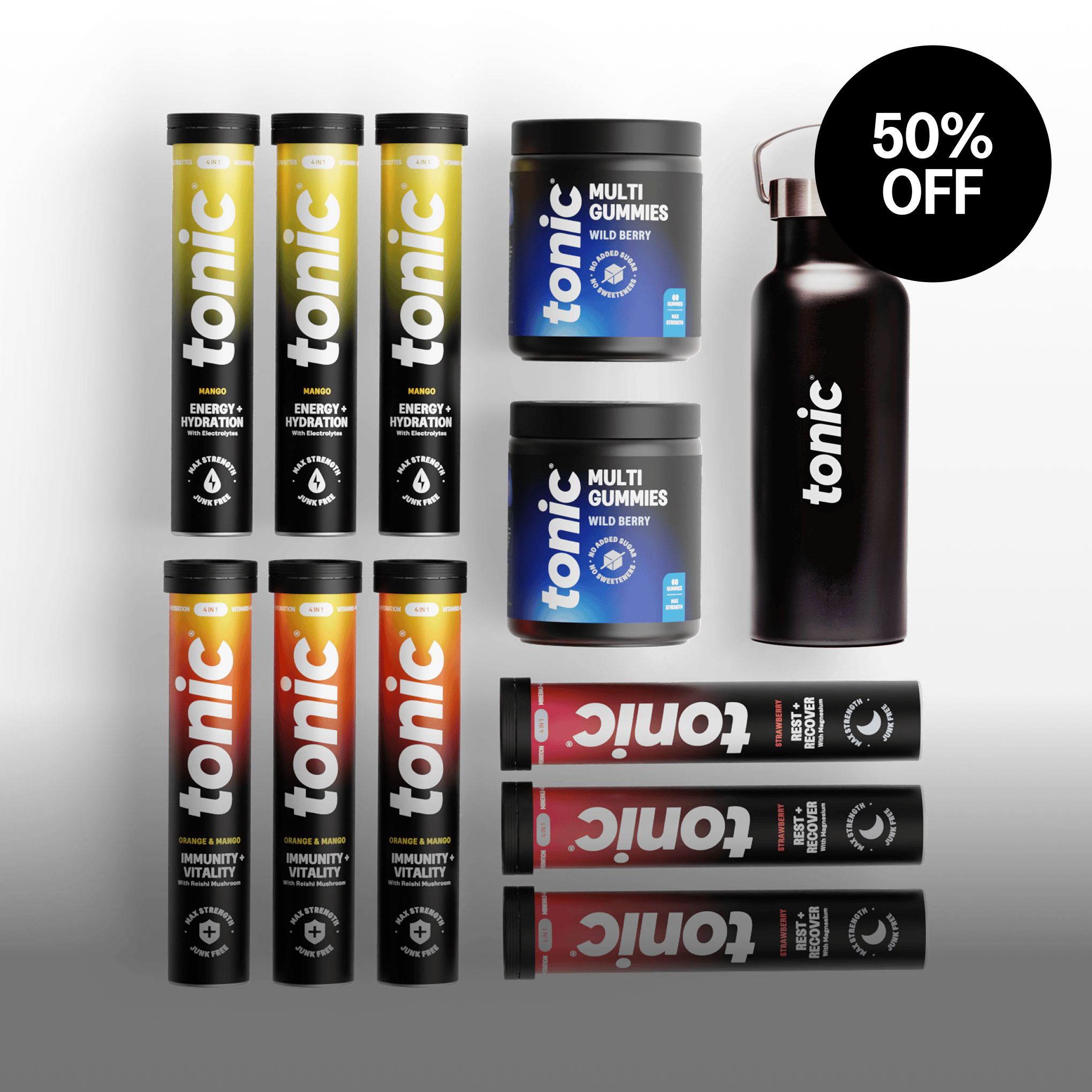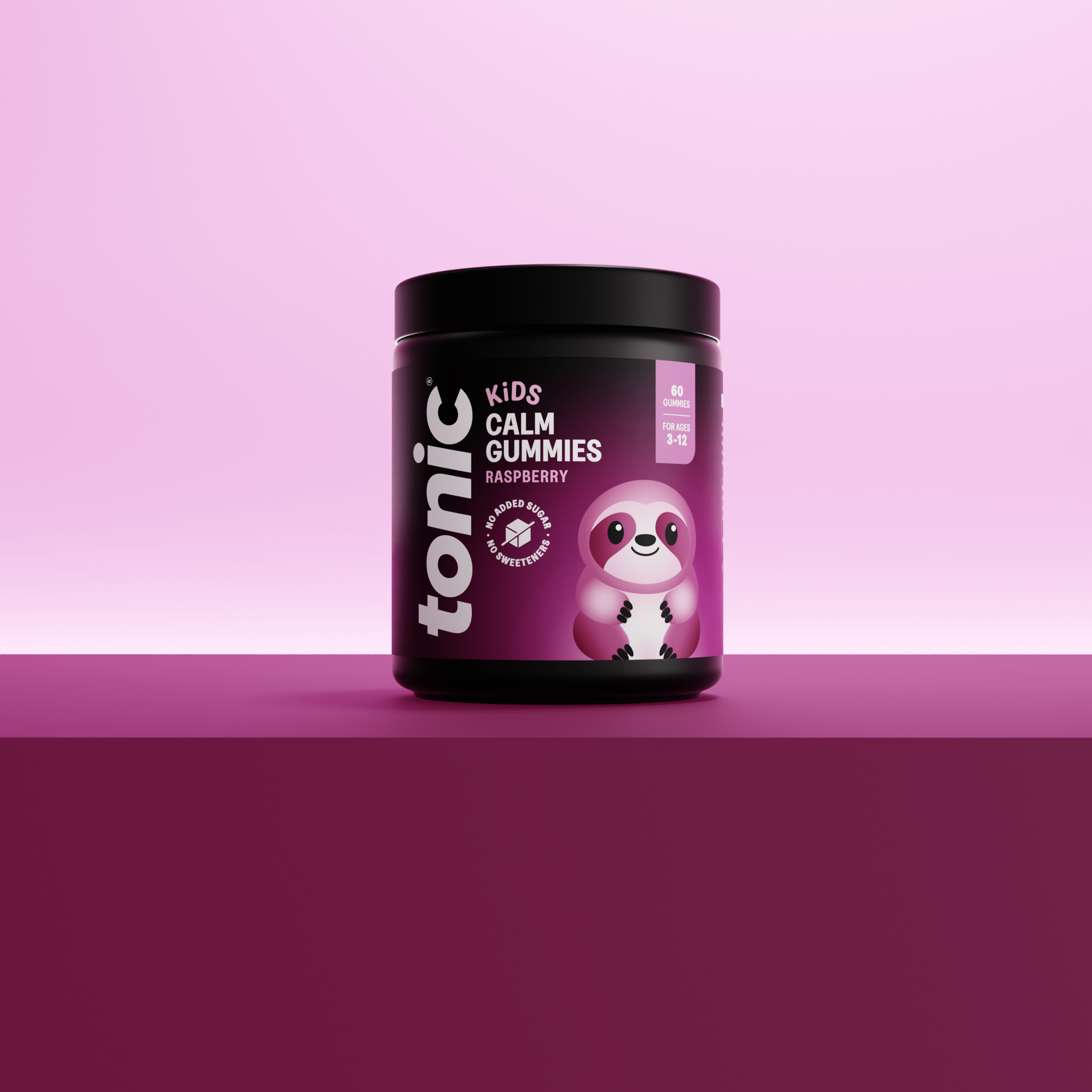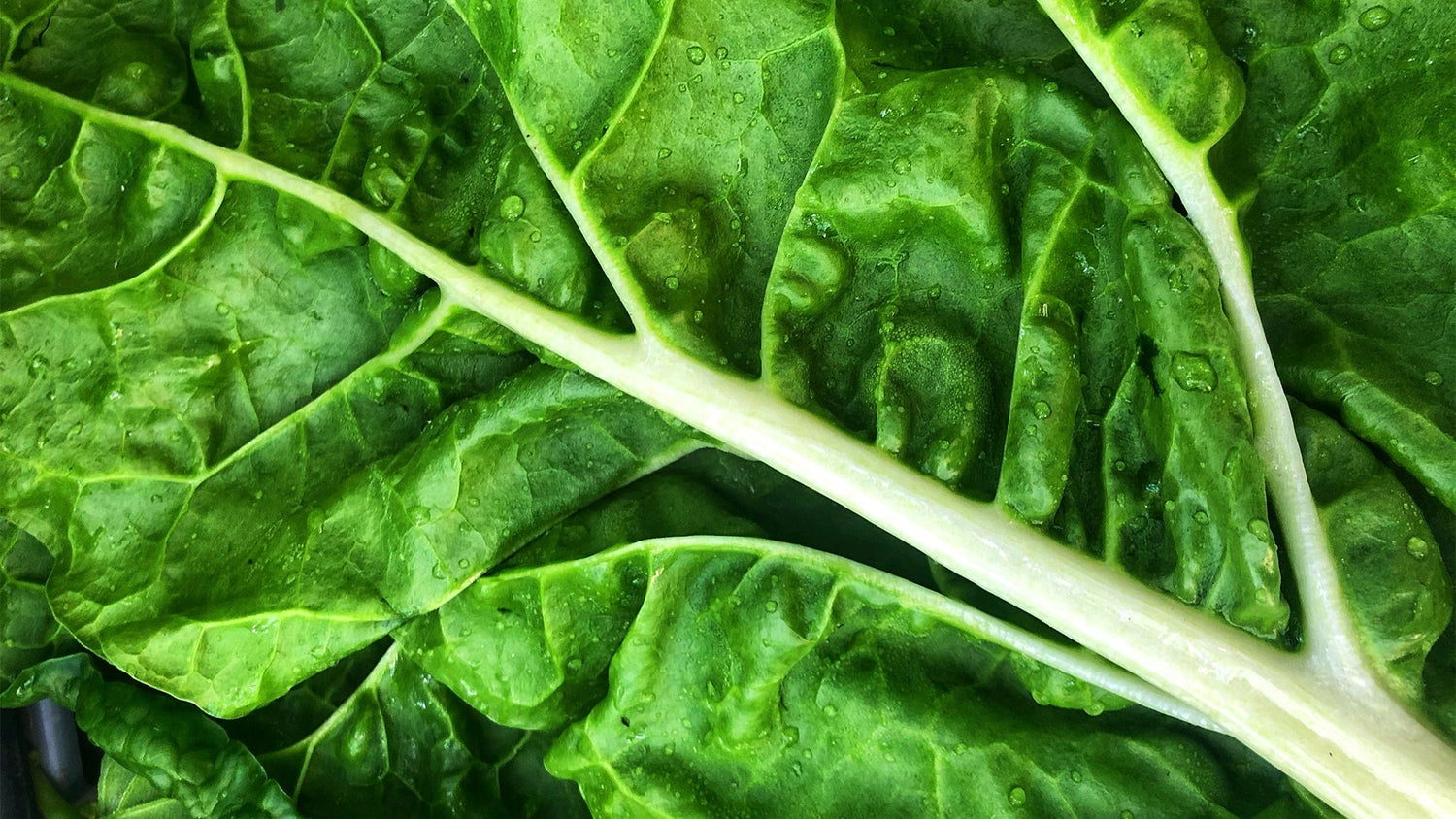Glutathione – pronounced “gluta-thigh-own” – isn’t exactly a familiar part of the lexicon of even some of the most health-conscious people. Yet, it probably should be.
There’s plenty of evidence, after all, pointing to this potent antioxidant’s very significant role in supporting all-round human health. And antioxidants – for those of you who don’t know – are integral to combating free radicals, which are molecules that can be detrimental to your body’s cells.
So, let’s look at just seven things about glutathione that will help you better understand the influence and importance of what has been described as the “master” antioxidant.
Glutathione is present in virtually all bodily cells
This fact alone helps explain why glutathione is associated with such a wide range of functions and chemical reactions in the body.
Those include, but not limited to, the breakdown of some free radicals, the detoxification of chemicals, the regeneration of vitamins C and E, and the construction of DNA, the latter the “building blocks” of the body’s proteins and cells.
It is made up of three amino acids
Those three amino acids are cysteine, glutamate, and glycine, and you’ll see them mentioned a lot in any discussion about glutathione. These amino acids can be regarded as glutathione “precursors”, effectively bolstering the body’s production of this powerful antioxidant.
That’s why some people may look to increase their glutathione levels by taking supplements of N-acetylcysteine, which is otherwise known as NAC and a derivative of cysteine.
There are various factors that can cause glutathione levels to fall
The body can make its own glutathione in the liver, which is in sharp contrast to the situation with most other antioxidants. However, the body’s glutathione levels also seem to decrease with age, which is an indicator that the body may become less capable of creating it over the years.
It is also thought that glutathione levels may fall when the body experiences certain health problems, such as cancer, type 2 diabetes, and HIV/AIDS.
It is regarded as key to immune health
Multiple studies have found evidence of glutathione supporting the effectiveness of our immune systems.
For example, one six-month trial looking at the impact of glutathione supplementation on immune system function discovered that those who took such supplementation had higher blood levels of glutathione and more pronounced natural killer cell activity than participants taking a placebo. Natural killer cells, by the way, are vital for fighting infections.
The body doesn’t seem to absorb glutathione well from food
This might seem surprising, given the established importance of glutathione to human health. But it appears that you can’t expect to effectively get this antioxidant into your body simply by putting it in your mouth. It’s even thought that enzymes in the stomach might break down glutathione.
That probably helps explain why so many studies looking into glutathione’s effects centre instead on certain supplements that might help increase the body’s glutathione production. Those include the likes of curcumin, the aforementioned N-acetylcysteine, and vitamin C – on which subject, it’s worth remembering that Tonic Health is a popular vitamin C drink supplement.
It may help reduce cell damage in liver disease
One thing that probably shouldn’t be such a shock – on the basis of what you’ve read in this article so far – is that glutathione’s antioxidant qualities and potentially detoxifying effects have been linked to good results in the treatment of non-alcoholic fatty liver disease.
This was the finding of a modest clinical trial in 2017, which nonetheless offers hope for how future treatments may be able to help minimise the cell damage associated with liver disease.
There’s even a link to superior respiratory health
It’s fair to say that respiratory health is something that we’ve probably all spent more time thinking about amid the pandemic. And with the lungs being exposed to a particularly high level of oxidative stress, they need especially high amounts of glutathione for the best possible protection.
One 2015 analysis of multiple studies shed light on this, discovering that people with lung problems who took NAC supplements experienced fewer lung exacerbations than those receiving a placebo.
Glutathione, then, really can’t be overrated with regard to the very real positive effects it has been found to have on human health. Ensuring that your own body’s glutathione levels are good, then, could go a long way to keeping you looking and feeling great in the long run.
Other sources:
https://www.healthline.com/nutrition/how-to-increase-glutathione
https://www.huffpost.com/entry/glutathione-the-mother-of_b_530494







Leave a comment
All comments are moderated before being published.
This site is protected by hCaptcha and the hCaptcha Privacy Policy and Terms of Service apply.